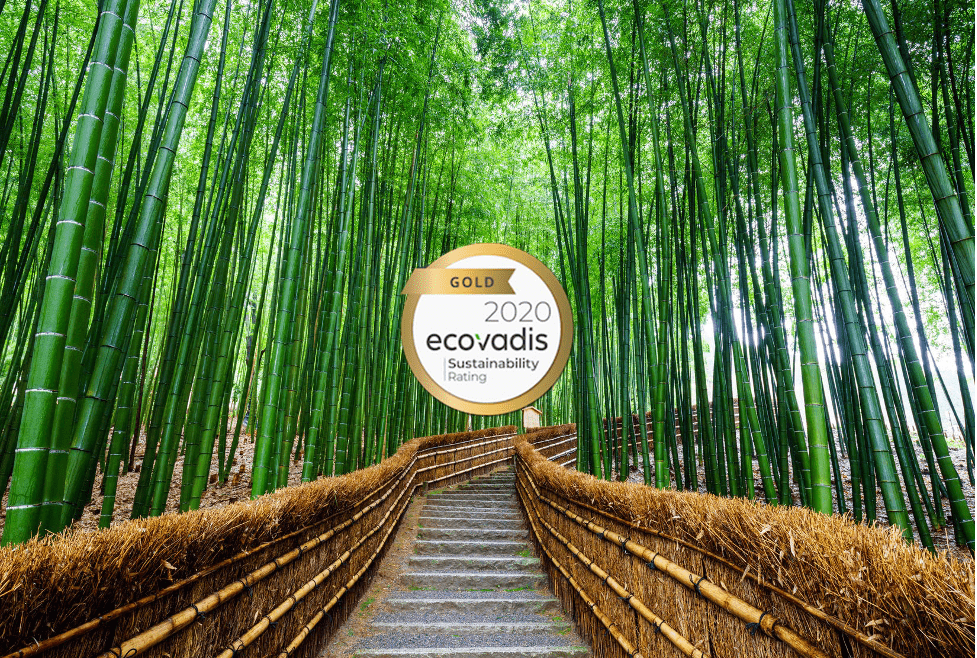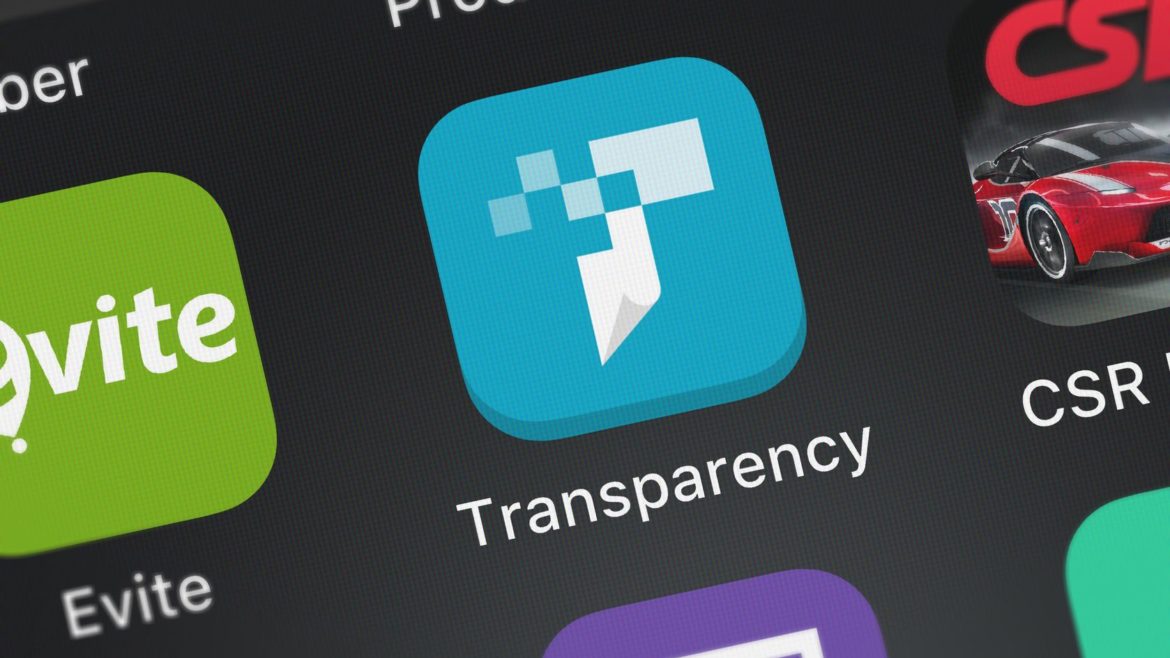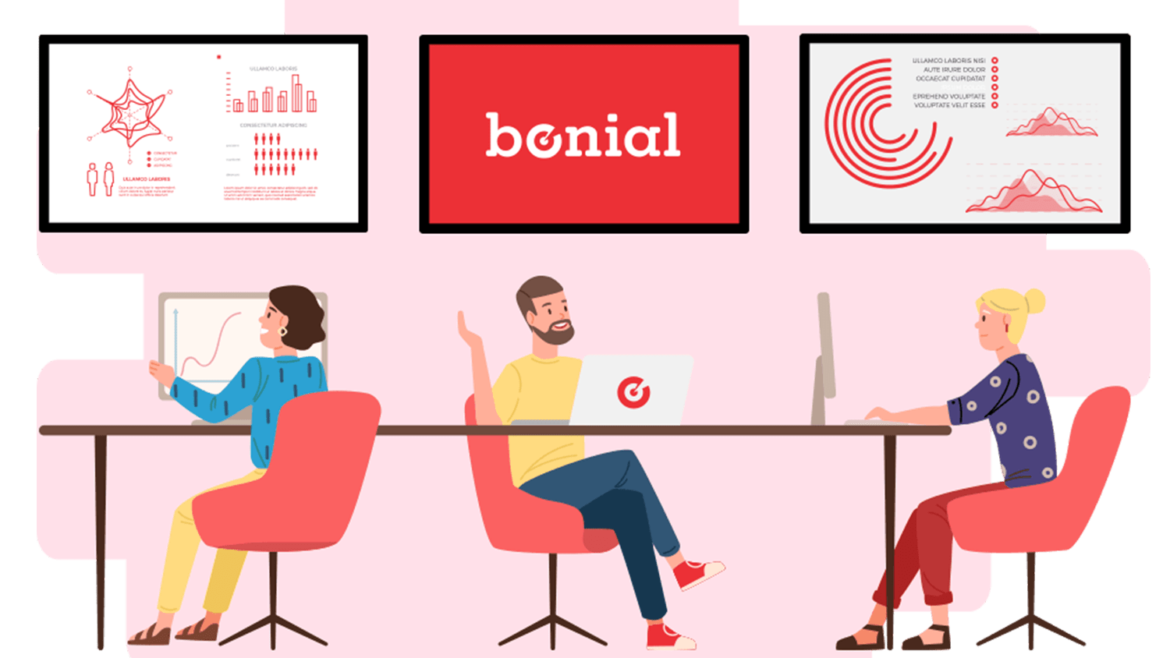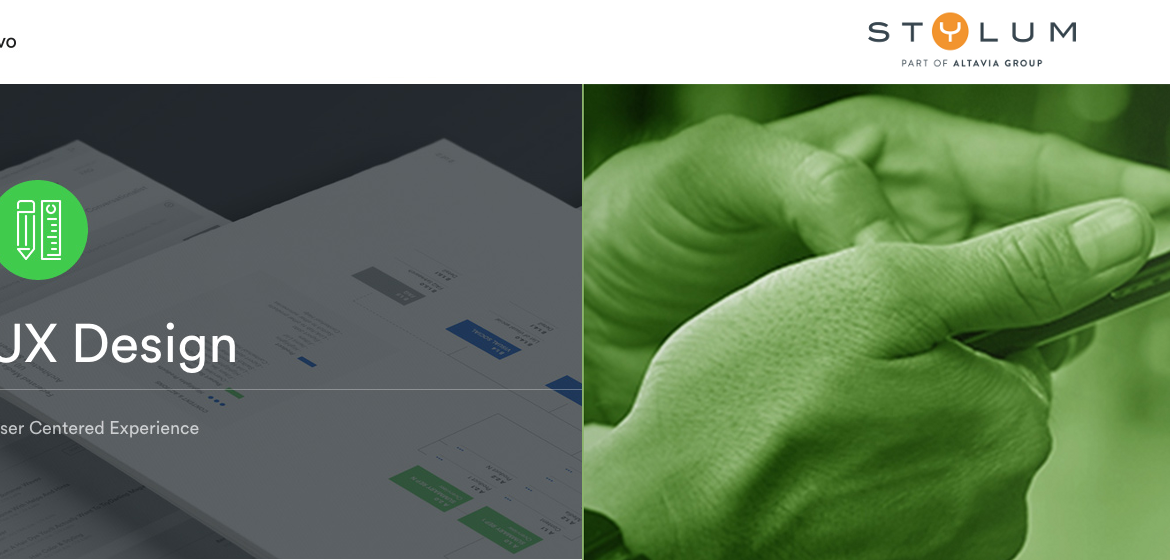Altavia Japan recently received “Gold” rating in the 2020 Sustainability Assessments issued by the French company EcoVadis. Why did you choose to be evaluated by EcoVadis ?
EcoVadis is a world-renowned corporate sustainability rating agency. Although not yet as well known in Japan as it is in Europe, more and more companies in Japan are getting certified, especially those with overseas operations.
The Altavia Group joined the Global Compact and has been an advanced level member since 2018 and is a leader in the advertising agency industry in terms of CSR. The Altavia headquarters have obtained EcoVadis Gold certification. CSR is at the core of our growth strategy. The Altavia Group is therefore very active when it comes to establishing and implementing action plans, as it encourages branches and affiliates in all countries to obtain EcoVadis certification, regardless of the size of the branch, which is why we have to undergo the assessment in Japan as well.
It seems that the company received particularly high marks for “environment”.
Yes. The company’s serious commitment to CSR was one of the main reasons I joined the Altavia Group, so when I took over at its head back in 2016, I completely overhauled the marketing services Altavia offers.
Of course, expertise, price, and quality of service are important, but should we be using methods with a high environmental impact, no matter how good the service? That’s the question.
If we can reduce our environmental impact while maintaining service quality, it will add value to Altavia Japan and contribute to the CSR targets of our customers’ corporate activities.
More specifically, by incorporating the latest technology into the production process, Altavia Japan has achieved a production process that significantly reduces environmental impact and waste while providing high-quality services. We challenge the existing values and practices of the production floor and offer sustainable solutions.
Do you think the EcoVadis certification will have a positive impact ?
First of all, I think it is very positive that we can share the values of focusing on CSR with our employees. It is important for each employee to have an awareness of the issues on a global level and to always take action for improvement and to act based on the high ethical standards as a member of the Altavia Group.
It is also important for business, as more and more global companies look to EcoVadis for ratings when selecting suppliers. I hope that more and more companies in Japan will be able to learn more about the value of global sustainability assessments.
What are your ambitions for the future ?
We will continue to focus on our CSR initiatives and do our utmost to be a company that contributes to the sustainable development of society and is trusted by our customers.







